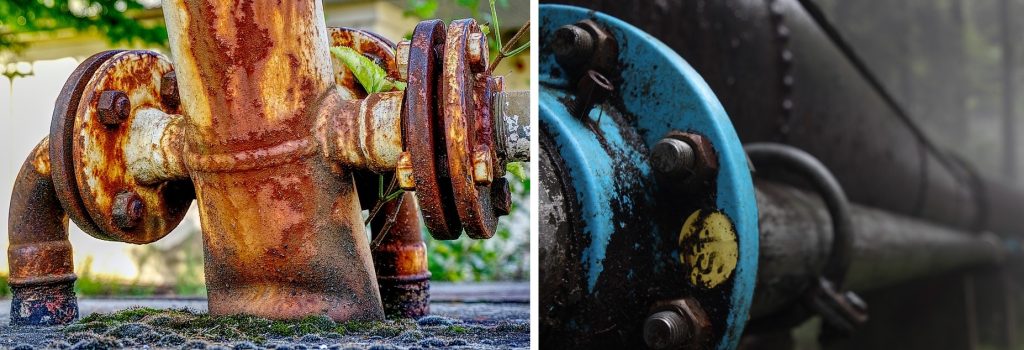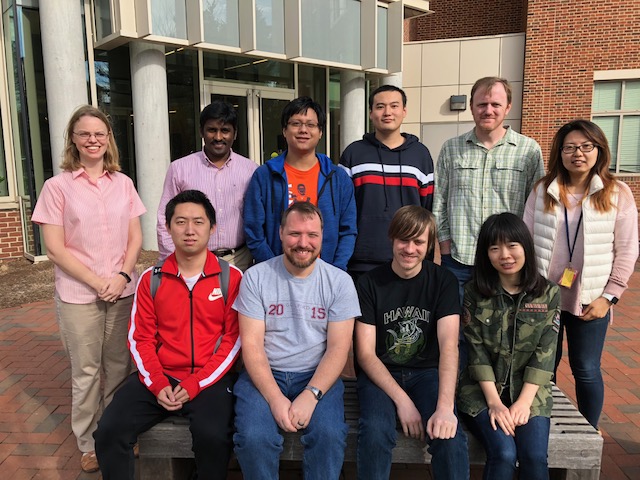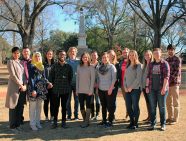In advance of the NACE 2018 Corrosion Conference and Expo April 15 – 19, 2018 in Phoenix, AZ, we thought we would highlight some of the ways researchers study pipeline corrosion via electrochemical techniques. Electrochemistry plays a vital role in this field of study because it allows what was historically a cumbersome, expensive, and materials-intensive process to be simplified and dramatically downsized to laboratory-scale experiments.

Corrosion of commercial pipelines is a persistent issue that has resulted in significant research efforts from universities and oil/energy companies alike






